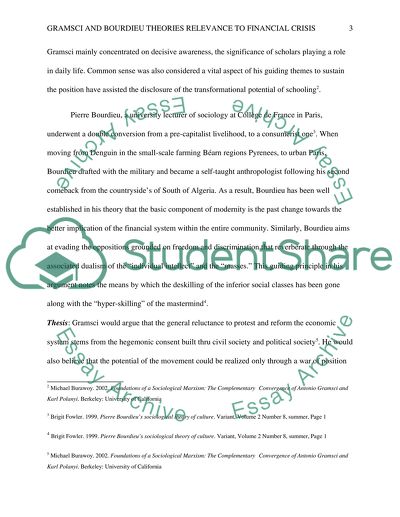Cite this document
(“Gramsci and Bourdieu Relevance to Financial Crisis Term Paper”, n.d.)
Gramsci and Bourdieu Relevance to Financial Crisis Term Paper. Retrieved from https://studentshare.org/sociology/1436620-hegemony-consent-civil-society-common-sense
Gramsci and Bourdieu Relevance to Financial Crisis Term Paper. Retrieved from https://studentshare.org/sociology/1436620-hegemony-consent-civil-society-common-sense
(Gramsci and Bourdieu Relevance to Financial Crisis Term Paper)
Gramsci and Bourdieu Relevance to Financial Crisis Term Paper. https://studentshare.org/sociology/1436620-hegemony-consent-civil-society-common-sense.
Gramsci and Bourdieu Relevance to Financial Crisis Term Paper. https://studentshare.org/sociology/1436620-hegemony-consent-civil-society-common-sense.
“Gramsci and Bourdieu Relevance to Financial Crisis Term Paper”, n.d. https://studentshare.org/sociology/1436620-hegemony-consent-civil-society-common-sense.


